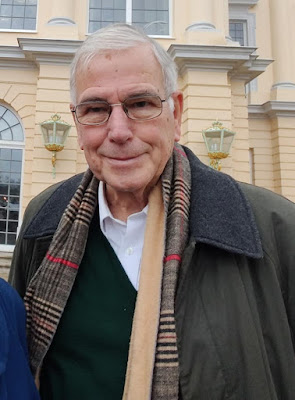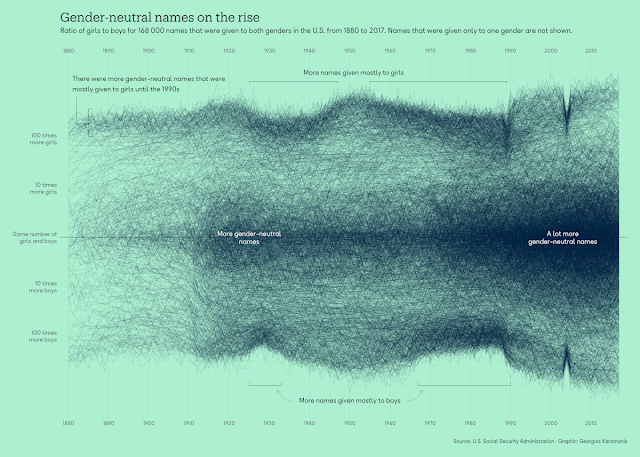link
Szanowni Państwo,
zbliża się termin XXIII Międzynarodowej i Ogólnopolskiej Konferencji Onomastycznej, która odbędzie się w dniach 19-21 października 2023 roku w Opolu. Jej współorganizatorem i gospodarzem jest tym razem Uniwersytet Opolski.
Cykliczna Międzynarodowa i Ogólnopolska Konferencja Onomastyczna daje zawsze możliwość wymiany doświadczeń onomastów z Polski i zagranicy (z krajów słowiańskich i pozasłowiańskich). Kolejne spotkania wpisują się w nurt najbardziej aktualnych zagadnień językowych dotyczących zarówno aspektów teoretycznych, jak i badań materiałowych.
Tematem najbliższej konferencji uczyniliśmy Onomastykę kulturową. W ostatnich latach obserwuje się zwrot w onomastyce w kierunku badań interdyscyplinarnych, ujmujących język jako zwierciadło procesów historycznych, politycznych i kulturowych. Onomastyka, podobnie jak lingwistyka kulturowa, mieści się w nurcie lingwistyki antropologicznej, u podstaw której leży przekonanie o kulturowym charakterze języka – źródle wiedzy o sposobie myślenia człowieka o świecie. Odchodząc od autonomicznego spojrzenia na język i opisu języka samego dla siebie, wyznacza ona badaczowi poszerzone pole zainteresowań.
Proponujemy skoncentrowanie się wokół następujących problemów badawczych:
- zwrot kulturowy w badaniach onomastycznych; metodologia kulturowych badań onomastycznych; nazwy własne w świetle etnolingwistyki, lingwistyki kulturowej i antropologicznej, językowego obrazu świata;
- nazwy własne na pograniczach kulturowych, etnicznych, językowych, religijnych, geograficznych;
- kognitywne ujęcie onimii: punkt widzenia twórcy i użytkownika nazwy, nazwy własne jako nośniki wartości, kategoryzacja i klasyfikacja nazw własnych, stereotypy a nazewnictwo;
- nazwy określonych desygnatów w różnych kulturach i językach;
- nazwy własne w dyskursie; wtórne funkcje nazw własnych: m.in. kulturotwórcza, ludyczna, pragmatyczna, marketingowa, perswazyjna;
- nazwy własne a wytwory kultury: komiks, film, muzyka, książka, plakat, sztuka, moda itp.
Do udziału w konferencji zapraszamy nie tylko językoznawców, lecz także przedstawicieli innych dyscyplin podejmujących refleksję naukową na temat nazw własnych. Języki XXIII MiOKO to – poza słowiańskimi – także język angielski, niemiecki i języki romańskie.
Zapraszamy serdecznie Gości z kraju i zagranicy. Jesteśmy przekonani, że konferencja stanie się ważnym wydarzeniem naukowym i będzie okazją do prezentacji osiągnięć naukowców zajmujących się problematyką nazw własnych, a także do dyskusji oraz wymiany doświadczeń pomiędzy badaczami z różnych krajów.
Organizatorzy
Komitet organizacyjny:
dr hab. prof. UO Danuta Lech-Kirstein (przewodnicząca)
dr hab. prof. UO Katarzyna Łeńska-Bąk (z-ca przewodniczącej)
dr hab. prof. UO Anna Tabisz (z-ca przewodniczącej)
dr Julia Piotrowska (członkini)
dr Daniel Borysowski (członek)
dr Radosław Marcinkiewicz (członek)
dr Anna Andrzejewska (sekretarz)
mgr Katarzyna Preuhs (sekretarz)









